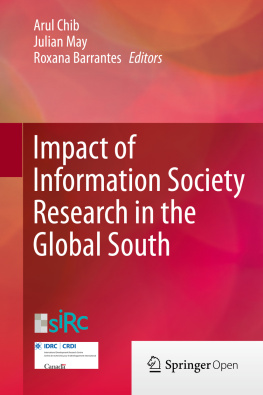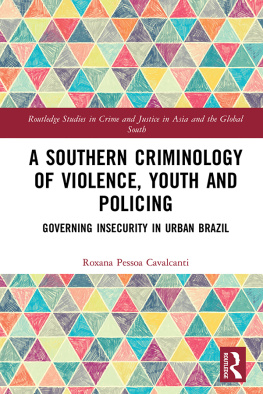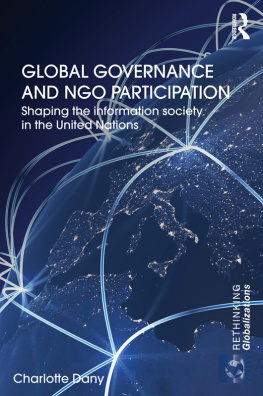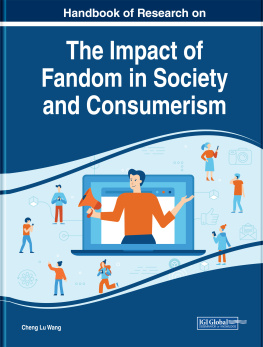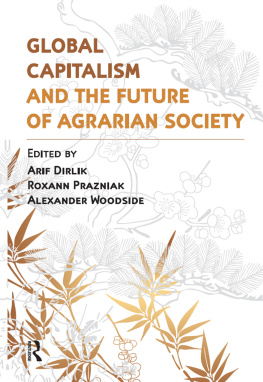Research on the Impact of the Information Society in the Global South: An Introduction to SIRCA
The age of globalisation has been defined in terms of access to modern information and communication technologies (ICTs) by some scholars (Hutton and Giddens ). We focus here on notions of the impact of ICTs on international development, going beyond issues of access and use, well documented elsewhere.
As the current Millennium Development Goals (MDGs) approach the initial deadline of 2015, it is timely to take stock of the impact these technologies have had on key development problems. This moment is simultaneously the culmination of the second round of SIRCA II (the Strengthening Information Society Research Capacity Alliance), a capacity-building programme for information society research in the context of development in the Global South. It is then worthwhile too to interrogate the impact of research endeavours on the development process.
History
As this volume is the second in a series resulting from the SIRCA programme (see Chib and Harris ). A further systemic problem identified was the lack of voice in the research dialogue of researchers from developing countries, possibly as a result of insufficient resources and training (both in quantity and quality) and unsupportive local research environment due to political, structural and other reasons.
These issues were identified as a result of a programme for informed and systematic research based in Asia which began in 2006 and continued in a workshop at Manila in 2007, culminating in among other endeavours, the launch of the Strengthening ICTD Research Capacity in Asia programme (SIRCA I) in 2008. SIRCA I aimed to address issues related to the limitations in rigour, interdisciplinary research and collaboration in ICTD research, via a research capacity-building programme for emerging scholars in Asia. The programme provided research grants and training opportunities, with a key component being the mentorship of senior researchers provided for 15 emerging principal investigators from Bangladesh (2 projects), Cambodia (2), China, India (4), the Philippines (2), Singapore, Sri Lanka, Thailand and Vietnam. SIRCA was conceived, managed and continues to be implemented by the Singapore Internet Research Centre (SiRC), based at Nanyang Technological University in Singapore. For more details see Chib and Harris () Linking research to practice : Strengthening ICT for Development research capacity in Asia .
At the end of the three-year SIRCA I programme, emerging researchers produced research outputs such as publications in internationally recognised forums such as journals (including Media Asia Journal and International Journal on Advances in ICT for Emerging Regions ), books and conferences (including IFIP WG9.4 Conference 2011, the 5th Annual ACRON-REDECOM conference and the 4th International Conference on Theory and Practice of Electronic Governance (ICEGOV2010)), admission and scholarships to prestigious doctoral programmes and assumption of leadership positions at universities and organisations related to individual disciplines (see SIRCA Technical Report available at ) was in the differential processes, skill sets and motivations required of researchers trained in academic investigation. A series of measures were proposed, including greater engagement with a wider range of stakeholders, development of fresh skill sets, a reorientation of internal systems and incentives and production of a different range of outputs.
While I recognise the inherent contradiction of reporting on the impact of ICTs on broad measures of development in yet another (hardly a different output) academic publication, this volume is nevertheless a result of the exhortations to ourselves in the previous avatar of the programme. The SIRCA II (the Strengthening Information Society Research Capacity Alliance) programme was born in 2011, continuing research capacity-building efforts focused on the information society with an expanded global scope, establishing connections between African, Asian and Latin American researchers. The mentorship model evolved from the original hierarchical knowledge delivery model to emphasise the aspect of bidirectional collaborative learning and experience-sharing for both established and emerging researchers. Finally, to manage the complexities of a programme with global reach, SiRC partnered with the University of Western Cape (UWC), South Africa, and Instituto de Estudios Peruanos (Institute of Peruvian Studies-IEP), Peru, allowing collaboration with my co-editors, Julian May and Roxana Barrantes, based at these respective institutions.
Conceptual Focus
Beyond the administrative management of an enlarged global scale, the most important aspect of the evolution of the SIRCA II programme has been the focus on an investigation of impact, defined more broadly than economic advancement. The notion of impact emerged from discussions among a variety of stakeholders in the SIRCA processthe donors, reviewers, advisors and the scholars themselves. For example, one key difference versus the SIRCA I programme was that selected investigators were selected not just in terms of their potential for scholarship, but the potential impact of the research on the communities studied was considered as well. We note that impact, even during the process of evaluation of the proposals, was difficult to define, describe or agree upon, leading to contested debates among an interdisciplinary group of senior scholars.
Government rhetoric and media opinion (and more often than not, scholarly tomes) frequently evoke the transformational nature of ICT adoption and use to achieve development goals, with the result that social implications of technology use in the developing world are believed to be enormous. But research indicates that interventions such as the impacts of mobile phone use on marginal communities (Butt and Sarker ).
The first volume of the SIRCA book series (Chib and Harris ) questioned whether diffusing the boundaries of academic research into the realm of policy formulation and implementation led to broader impact of information society initiatives. We discussed how to translate theoretical approaches from the ivory tower of academia to real-world practice more consistently. This volume extends and focuses the enquiry into impactlooking closely at the nature of this link between research, practice and policy.
Linking Information Society research to issues of practice and policy first requires the definition of impact within the context of the information society and development. The question of impact has been contentious, and this volume hopes to contribute to that discourse by examining two aspects of the debate:
Impact of research: how is the research on ICTs in the Global South playing a role in achieving an information society, through implementation in practice, influence on policy formulation and media coverage for shaping public opinion?
Research on impact: what is the evidence of the impact of ICTs on society (i.e. the end objectives of socio-economic development)?
This volume is organised along these two major investigative fault lines. The first section on impact of research addresses dominant and alternative frameworks to evaluate and measure real-world impacts, while the second section on research on impact provides empirical evidence from SIRCA II principal investigators. There are valid reasons behind making these questions salient at this historical juncture. ICTD research has faced criticism for under-reporting of negative results, as well as harbouring a techno-centric or techno-determinist bias (Papert ). Although the pre-2015 MDG emphasise the need to leverage on the development potential of ICTs, the impact question has time and again begged for theoretical resolution. After several waves of developmental impact of ICTs which have been equally contested at each stage, this chapter next undertakes a review of the core literature related to trends, linkages and disconnects in impact of ICTD research on policy, public opinion and practice and the research on impact of ICTs on developmental objectives itself.

